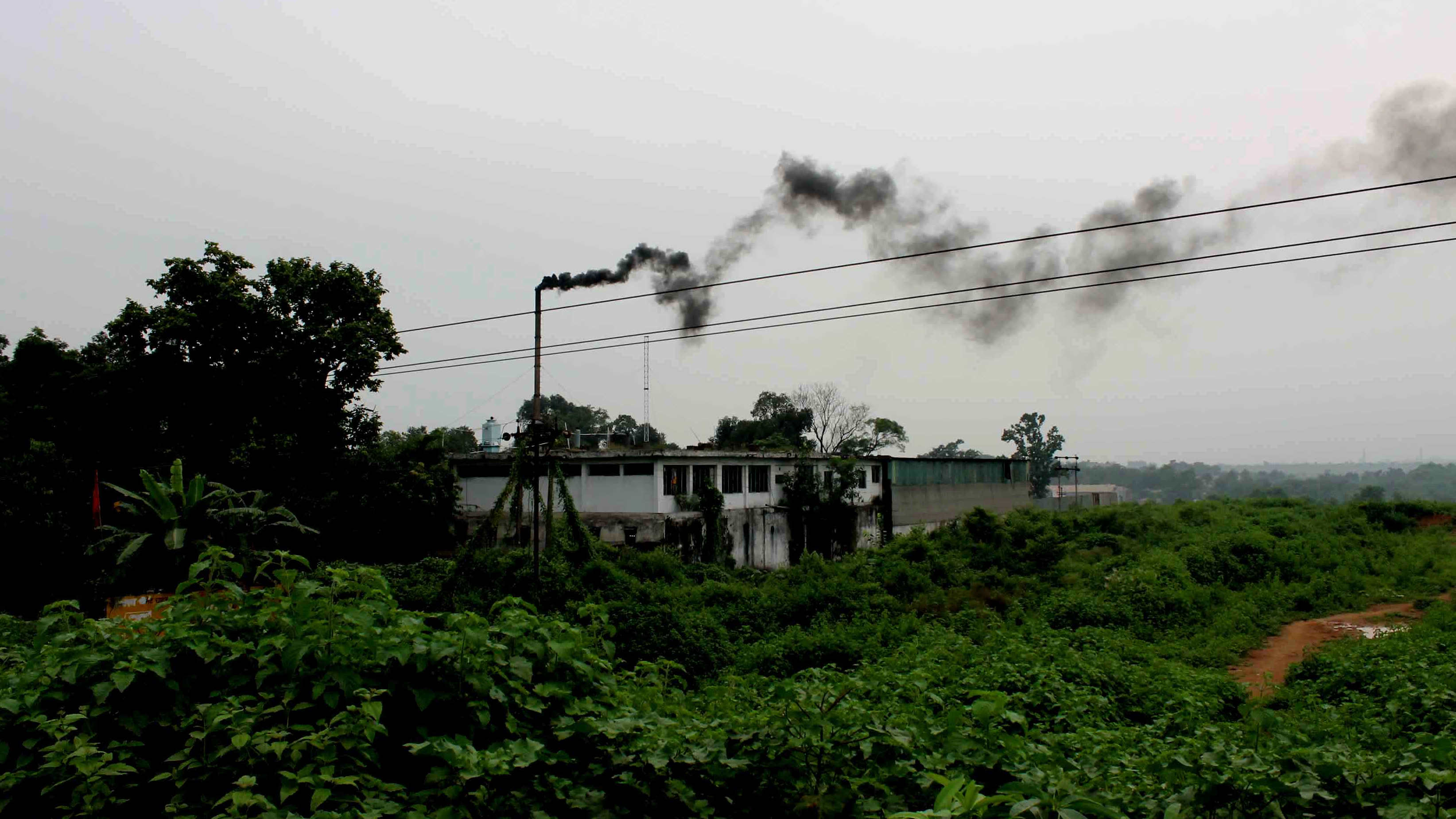Jharkhand State Pollution Control Board (JSPCB) has sprung into action to both plan and implement the clean air action plan for eight cities including Ranchi, Jamshedpur, Hazaribagh, Ramgarh, Chaibasa, Dumka, Sahibganj, and Pakur. These cities do not fall under the non-attainment cities notified in the National Clean Air Program (NCAP). During a workshop – Towards Clean Air for Jharkhand, jointly organized by JSPCB and Center for Environment & Energy Development (CEED) on Friday, PK Verma, JSPCB chairman, announced the details of the project.
“The proactive action being taken by JSPCB to develop a clean air action plan for these 8 cities will go a long way to prepare action measures to avoid these cities from reaching the non-attainment level. It will also combat rising air pollution in smaller cities and ensure better air quality amidst the concern of health crisis. The state government is committed to ensuring clean and healthy air for all. Stringent mitigation measures and constructive steps will be taken to address the issue of air pollution,” he stated.
Verma added, “Over the years real-time ambient air quality monitoring stations have been set up at over two dozen places across the state through public-private-partnership.” He maintained that more such units would soon be set up across Jharkhand.
“Real-time monitoring stations help local authorities and the public at large to know the status of the air they breathe on any particular day. It also indicates the looming dangers and calls for timely action. To achieve healthy air, we will require the participation of all stakeholders,” he stated.
Different state government agencies, departments, private players, civil society organisations, and citizen groups attended the workshop.
Highlighting the health concerns caused by air pollution in the post-Covid-19 era, Dr Atri Gangopadhyay, Pulmonary Medicine and Tuberculosis, Medica Super Specialty Hospital, Ranchi, warned about Jharkhand being at a greater health risk, as the expansion of Covid-19 pandemic usually exacerbates respiratory disorders.
“Children, women, and elderly people exposed to polluted air often develop asthma, several pulmonary diseases, and respiratory disorders due to harmful particulate matters present in it. With the onset of winter, there will be a spike in the level of air pollution. Hence, we need a holistic approach to address health problems. Increasing air quality monitoring and strict mitigation measures for attaining clean air will help,” Dr Gangopadhyay asserted.
At present, the air quality of Jharkhand is worrisome. According to the National Ambient Air Quality Database, high-level air pollution exists in cities with operational air quality monitoring system. The pollutants are far above the safe limits, thereby making the air unfit to breathe. NCAP was launched in January 2019 by the Government of India to keep a tab on air pollution. It aims to reduce PM 2.5 and PM10 levels by 20-30 per cent by 2024 from that recorded in 2017.
Among the 122 cities falling under the non-attainment cities, only Dhanbad from Jharkhand made it to the list. “In Jharkhand, the city air action plan has been prepared for Dhanbad so far,” said Ramapati Kumar, CEO of CEED.
However, Kumar appreciated the steps that are being taken by JSPCB towards making Jharkhand a breathable state. He said, “Jharkhand has become the first state to formulate a clean air action plan for the cities which are yet to make it to the list of non-attainment cities. This affirms the belief that air pollution is not necessarily linked to the big cities and brings much-needed spotlights on various two and three-tier cities, which are witnessing deteriorating air quality and needs urgent attention there.”










